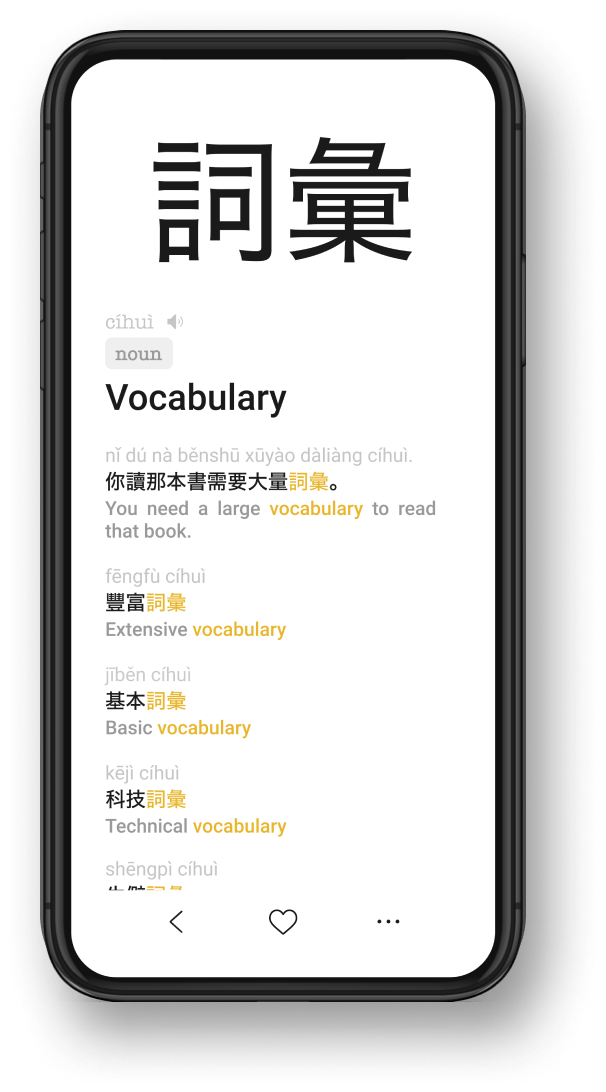Meaning of nán:
难
difficult (to...); difficult; not good; distress
Zhège wèntí hěn nán.
这个问题很难。
This problem is very difficult.
Xuéxí xīn de yǔyán hěn nán.
学习新的语言很难。
Learning a new language is very difficult.
Zhège wèntí hěn nán jiějué.
这个问题很难解决。
This problem is difficult to solve.
Tā gǎndào hěn nán gùo, yīnwèi tā de māo zǒushī le.
他感到很难过,因为他的猫走失了。
He felt very distressed because his cat was lost.
problem; difficulty; disaster
Jiějué zhège wèntí bìng bù nán.
解决这个问题并不难。
Solving this problem is not difficult.
Zhè dào tí hěn nán, wǒ bùnéng zìjǐ jiějué.
这道题很难,我不能自己解决。
This problem is very difficult, I can't solve it by myself.
Nà chǎng hóngshuǐ shì yī cì kěpà de nàn.
那场洪水是一次可怕的难。
That flood was a terrible disaster.
to scold
Lǎobǎn jīngcháng nán yuángōng.
老板经常难员工。
The boss often scolds the employees.

